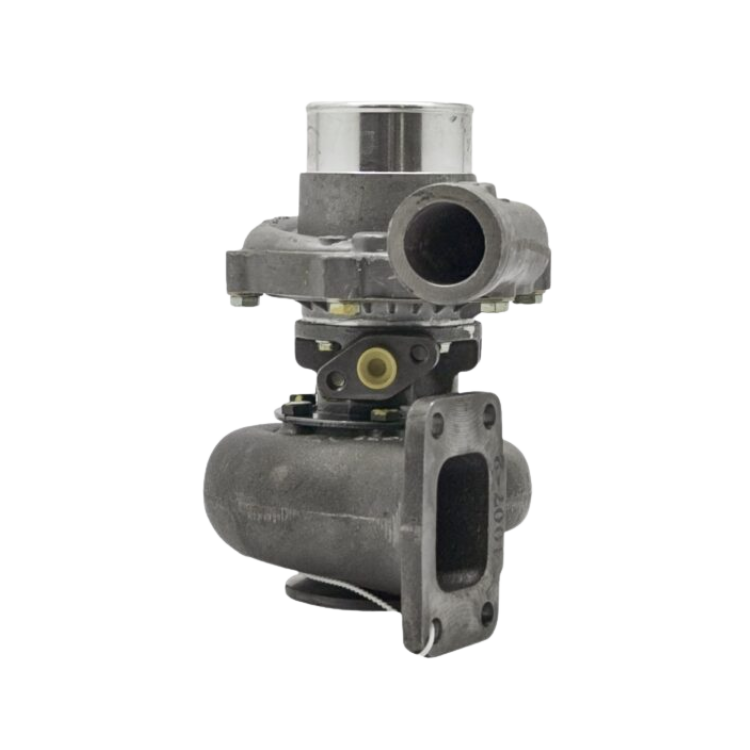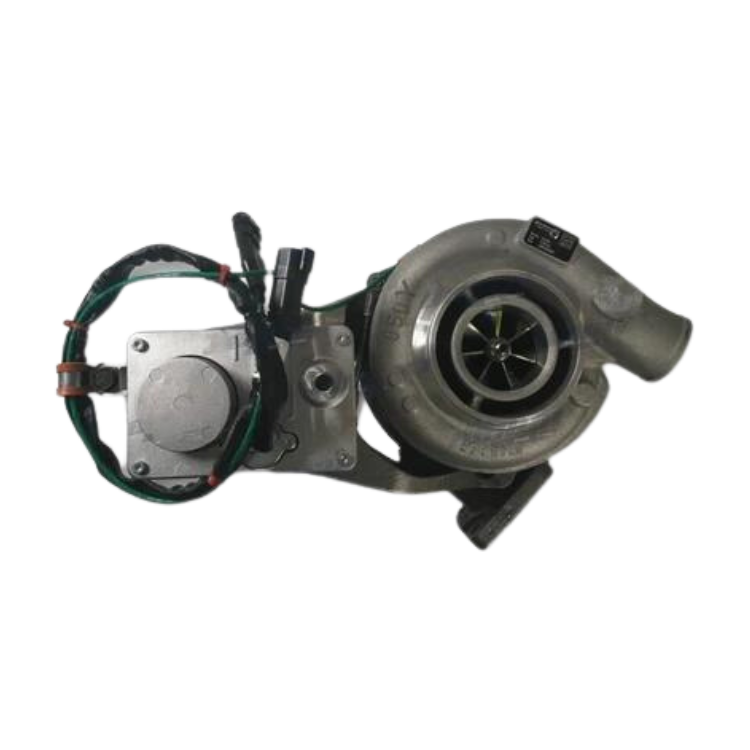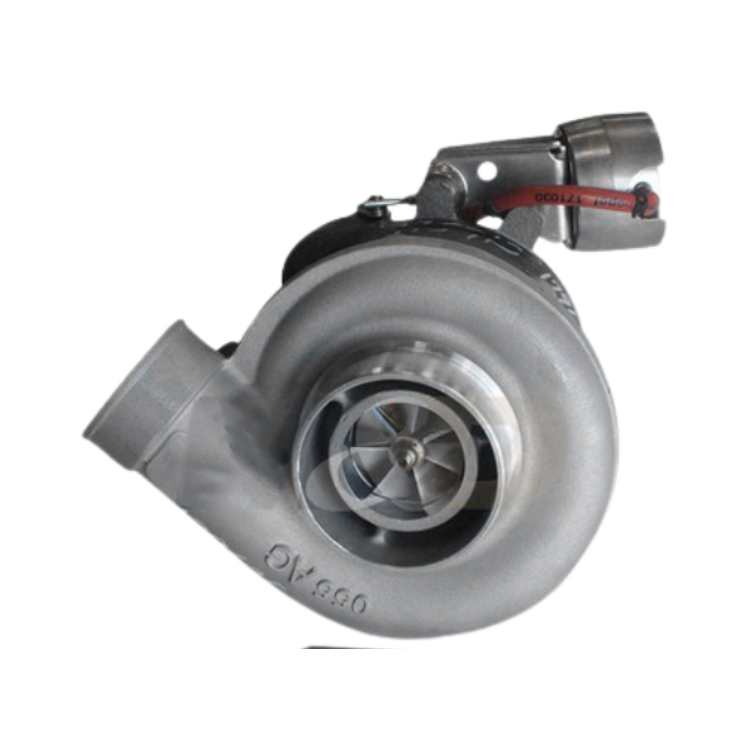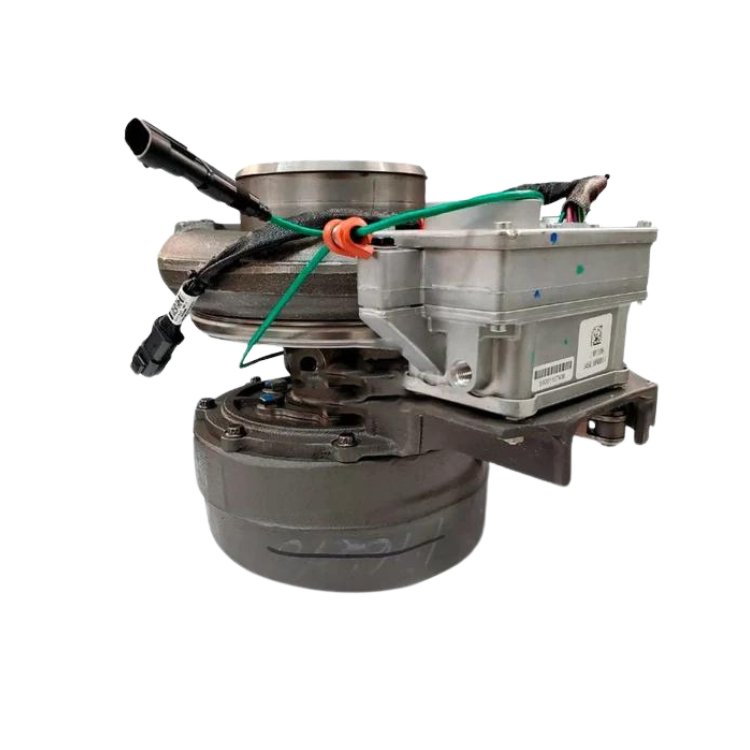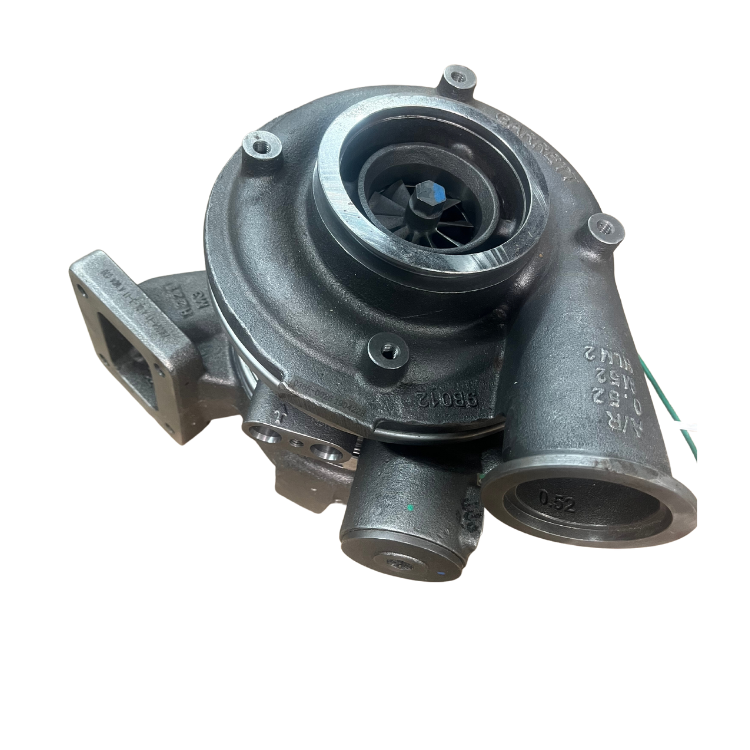The turbo assembly plays a crucial role in enhancing your vehicle’s engine performance by increasing air intake and boosting power. However, like any engine component, the turbo assembly can experience failure due to various factors. Understanding what causes a turbo assembly to fail can help you take preventive measures and maintain optimal engine performance. In this blog, we’ll explore the common causes of turbo assembly failure and offer tips for avoiding these issues.
-
Lack of Proper Maintenance
-
Regular maintenance is essential for the longevity of your turbo assembly. Neglecting routine oil changes and filter replacements can lead to inadequate lubrication and increased wear on the turbo components.
-
-
Oil Contamination
-
Contaminated or dirty oil can cause significant damage to the turbo assembly. Contaminants in the oil, such as debris or sludge, can impair the turbo’s performance and lead to premature failure.
-
-
Overheating
-
Excessive engine temperatures can strain the turbo assembly, causing overheating. This can result from poor cooling system performance, overworking the turbo, or prolonged high-speed driving.
-
-
Boost Pressure Issues
-
Improper boost pressure can lead to turbo failure. Issues such as a malfunctioning wastegate or boost control solenoid can cause the turbo to operate outside its designed pressure range, leading to damage.
-
-
Foreign Object Damage
-
Debris or foreign objects entering the turbo assembly can cause mechanical damage. Regular inspections and ensuring clean air intake systems can help prevent this type of failure.
-
-
Faulty Components
-
A malfunctioning component within the turbo assembly, such as a damaged bearing or compressor, can lead to overall turbo failure. Addressing component issues promptly is crucial for maintaining turbo health.
-
-
Poor Quality Fuel
-
Using low-quality or contaminated fuel can impact the turbo assembly’s performance. Ensuring that you use high-quality fuel and maintaining a clean fuel system can help prevent related issues.
-
-
Improper Installation
-
Incorrect installation of the turbo assembly or its components can lead to operational problems and eventual failure. Ensuring proper installation and alignment is critical for optimal turbo performance.
-
Understanding the causes of turbo assembly failure is essential for maintaining your vehicle’s performance and avoiding costly repairs. By addressing issues such as inadequate maintenance, oil contamination, and overheating, you can help ensure the longevity of your turbo assembly and keep your engine running smoothly. Regular inspections and proper care are key to preventing turbo-related problems and ensuring a reliable driving experience.






